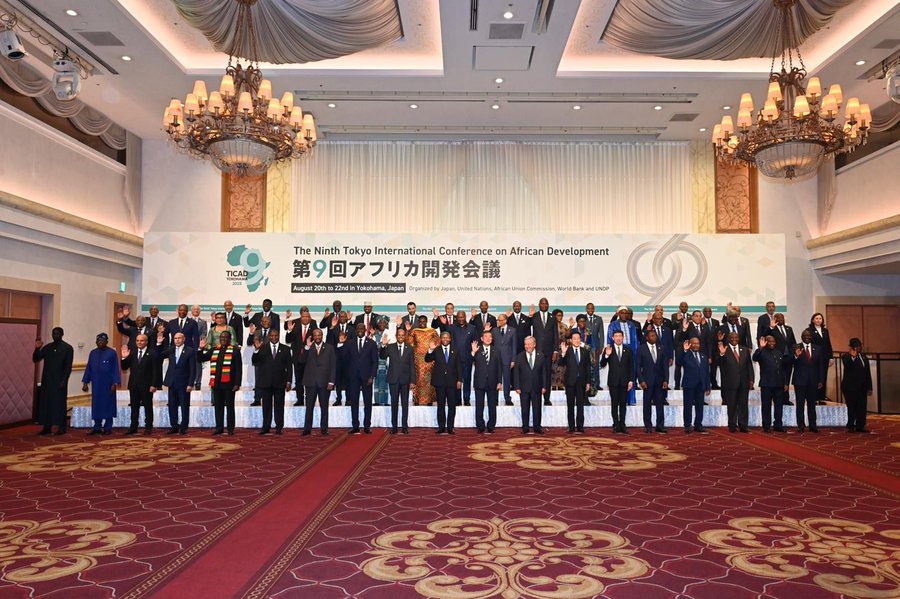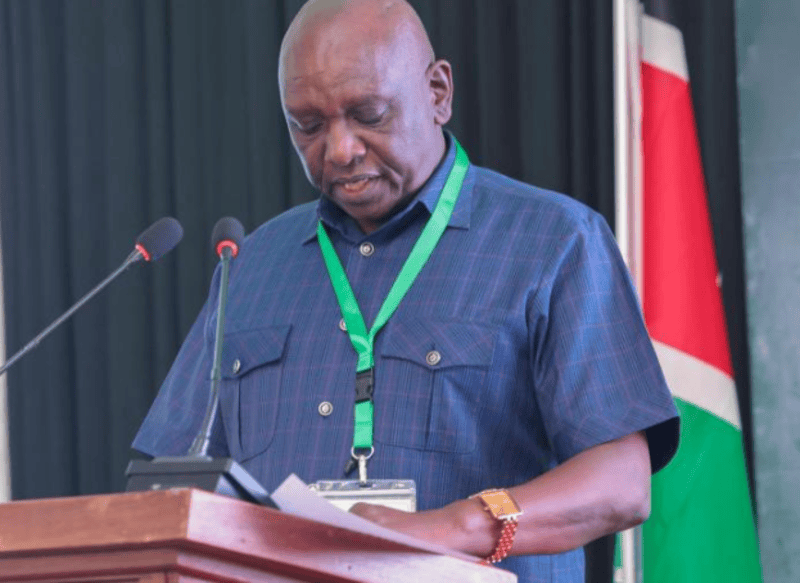Parliament's delay in enforcing audit reports threatens public funds, Auditor-General Gathungu warns

Gathungu is advocating for amendments to the Public Finance Management (PFM) Act to introduce penalties, arguing that such measures would promote fiscal discipline and safeguard public resources from continued misuse.
The government risks losing billions of shillings in public funds unless Parliament enacts legal sanctions to compel accounting officers to act on audit and parliamentary recommendations, Auditor-General Nancy Gathungu has warned.
Gathungu noted that the current legal framework lacks enforcement power, allowing officers to disregard audit findings without facing any consequences.
More To Read
- 11 counties under fire over Sh3 billion spent on unfinished county assembly chambers
- Audit finds classrooms, police posts and ICT hubs lying idle despite millions spent
- Audit reveals 80 hospitals, including KUTRRH and Mama Lucy, lack title deeds
- Shocking audit reveals weak oversight in Kenya’s Sh2.5 billion donor-funded projects
- Audit exposes confusion over control of Sh5 billion Lamu Port
- KNH, Moi Teaching and Referral Hospital among 223 hospitals with Sh11.4 billion uncollected revenue
She is now advocating for amendments to the Public Finance Management (PFM) Act to introduce penalties, arguing that such measures would promote fiscal discipline and safeguard public resources from continued misuse.
In a document submitted to Parliament, her office outlined how audit recommendations are routinely shared with legislators to promote accountability, transparency, and the effective, efficient, and economical use of public resources across all levels of government.
However, she observed that these recommendations are often ignored, leading to recurring audit queries in subsequent reports due to the absence of enforcement mechanisms or the failure to apply existing legal provisions.
“The lack of requisite sanctions has led to perennial failure by some accounting officers to adequately account for the public resources entrusted in their care,” Gathungu said.
“We have equally made submissions to Parliament to amend the law and include the sanctions.”
Public resources management
The Office of the Auditor General plays a central role in uncovering wastage and abuse in public resource management through audits and investigations at both national and county levels. These often expose irregular expenditures, stalled projects and questionable payments.
One such case is the Sh34 billion loss incurred by the government in just 15 months leading to the August 9, 2022 General Election through the petroleum pump price stabilisation programme.
According to a special audit covering April 1, 2021 to June 30, 2022, the loss includes Sh554.72 million overpaid to 11 oil marketing companies, equivalent to about Sh75.6 million lost per day during the period.
Gathungu said this scandal unfolded at a time when the government was grappling with revenue shortfalls and trying to meet pressing obligations such as funding education.
She also expressed concern over the prolonged delays by Parliament in debating and acting on financial audit reports, warning that inaction not only weakens accountability but also deprives Kenyans of the benefits that would arise from implementation of the recommendations.
“There is no value for money from the resources applied in undertaking the audits,” she added.
Evading accountability
Gathungu criticised some parliamentary audit committees for re-opening issues already addressed in audit reports, acting as auditors rather than enforcing recommendations, which she said has enabled culpable officers to evade accountability.
“This practice has afforded unscrupulous accounting officers in government an opportunity to get away scot-free despite being adversely mentioned by the Auditor-General in reports for plunder that includes abuse of public resources,” she said.
She further alleged that in some instances, audit committees have struck deals with implicated officers in exchange for favourable recommendations.
“The lack of sanctions has also led to fiscal indiscipline, including funds misallocations, wastage of resources, lack of value for money in the implementation of projects, theft and corruption,” Gathungu said.
To address the issue, the Auditor-General’s office has implemented a framework to track, follow up, and report on audit recommendations, with two reports already submitted to Parliament by March 2025.
Gathungu urged MPs to prioritise deliberation of audit reports and act swiftly on the issues flagged by her office to help seal wastage loopholes and boost service delivery.
“Parliament must address the identified bottlenecks to ensure improved service delivery to the public and achievement of national development goals,” she said.
Top Stories Today
















































